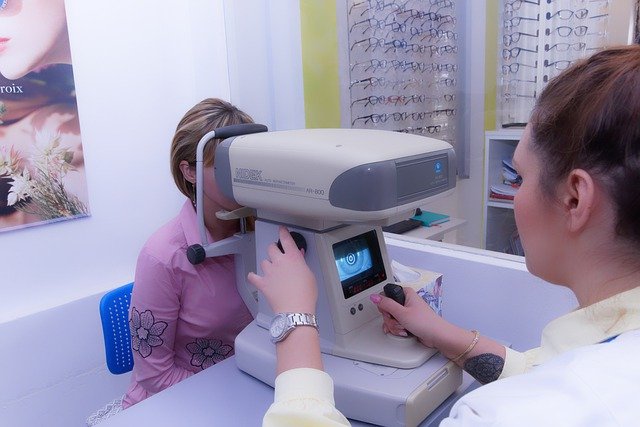Same-day hip replacements, one stop shops and mobile cataract units are just some of the ways NHS staff are helping hundreds of thousands of patients receive faster care.
Despite pressure on various fronts, treating Covid-19 patients and increasing numbers of emergency patients, the NHS has carried out an additional 230,000 vital diagnostic tests through one stop shops since the publication of the Elective Recovery Plan.
The elective recovery plan set out a blueprint for addressing Covid-19 backlogs that have inevitably built up during the pandemic as well as tackling long waits for care.
NHS staff across the country are already working flat-out to deliver as much routine care for patients as possible.
In Merseyside, a grandmother of three has become the first person in the region to receive life-changing hip replacement surgery and go home safely in the same day.
Liverpool University Hospitals NHS Foundation is now rolling out this brand-new day case procedure to more patients, helping to reduce waiting lists for orthopaedic treatments and allowing people to recover in the comfort of their own homes.
In Buckinghamshire, a new mobile cataract suite on the grounds of Stoke Mandeville Hospital enables the Trust to perform 80-100 additional cataract surgeries each week.
Staff in Mid Yorkshire Hospitals NHS Trust have used additional NHS England funding to make improvements to see and treat more people, including converting one large open plan room into three new rooms which means oral and maxillofacial patients can be seen, diagnosed and treated on the same day, cutting back the number of visits patients need to make to see specialists.
A new theatre for minor operations means 40 patients each week can be moved out of main theatres, enabling more complex inpatient operating such as hip and knee replacements, to take place in the main theatres at Pinderfields Hospital, while laminar flow systems in two theatres at the Trust will double the rate of orthopaedic operations available.
In Devon, the Nightingale is now able to offer a range of orthopaedic, ophthalmology, diagnostic and rheumatology services to local people, helping to further reduce waiting times. More than 10,000 patients have been seen so far since Exeter’s Nightingale opened with plans for more procedures to take place as further services begin to run from the state-of-the-art facility.
In Newcastle, the Westgate Cataract Centre – a three-theatre, purpose built clinical facility – can perform up to 1,000 cataract procedures a month, which is almost double the number undertaken before the coronavirus pandemic.
The centre has been designed to ensure that patients have no waiting, meaning that each patient will spend between just 40 minutes to an hour in the unit rather than the usual time of about three hours.
In London, Guy’s and St Thomas’ are dedicating some weekends to focus on particular types of surgery, meaning they are carrying out three times more operations than they usually would for patients needing Ear, Nose and Throat and spinal surgery.
Hospitals have treated more than 690,000 patients with the virus, including over 180,000 who have been admitted so far during the Omicron wave.
This is alongside NHS staff pulling out all the stops to deliver more than 120 million vaccine doses – including more than one million spring boosters in just two weeks – as part of the biggest and most successful vaccination programme in health service history.
NHS national medical director, Professor Stephen Powis, said: “Hardworking NHS staff continue to pull out all the stops, applying the same determination seen throughout the pandemic to address Covid backlogs that have inevitably built up, and reduce long waits for patients.
“Despite busy emergency services and increasing numbers of people in hospital with Covid, local NHS areas are adopting creative innovations to ensure patients are getting the care they need – from mobile units doing cataract operations to patients in the north west getting a hip replacement in hospital and returning home again on the same day.
“Ahead of what is a busy weekend for NHS staff, I would encourage people to come forward for the care they need – NHS 111 online can help point you towards the help you need.”
Trusts in other parts of the country are expanding different initiatives to tackle the backlog and improve patient experience.
Gateshead community diagnostic hub in Blaydon has installed new mobile CT and MRI scanners, and opened up its doors seven days a week to patients of Gateshead and Newcastle Upon Tyne Trusts.
A ‘one stop shop’ diagnostic hub in Clacton-on-Sea delivered more than 11,000 diagnostic tests for people in the highly socio-economically challenged area of Tendring between February 8 and March 27.
In addition to diagnostics, the NHS continues to roll out dedicated surgical hubs, adding to the network of more than 120 already operating across the country, helping ensure that by March 2025 patients aren’t waiting longer than a year for surgery.












